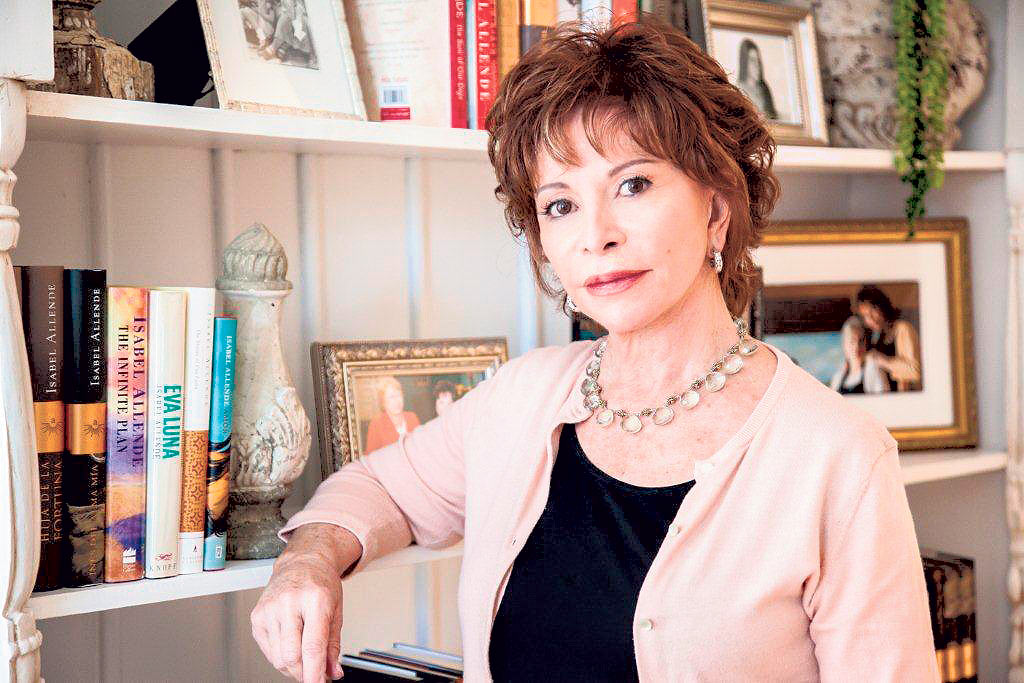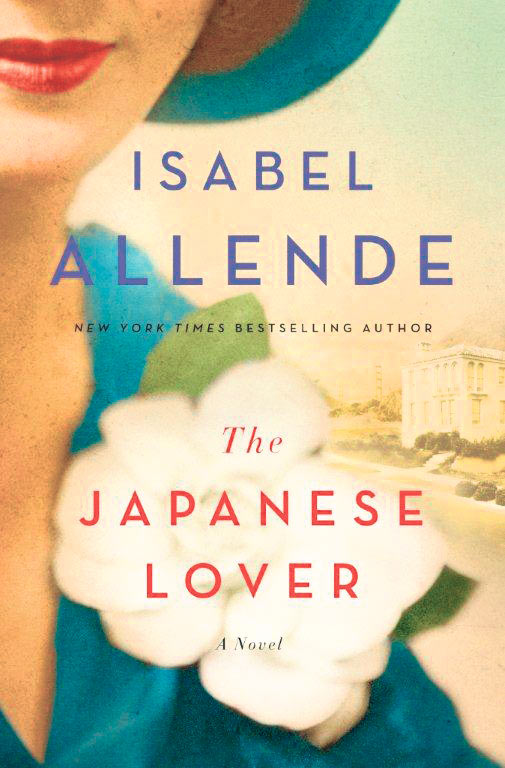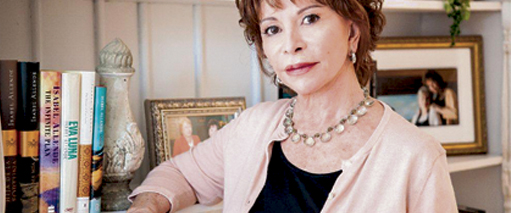Bookstore Events
A Conversation With Isabel Allende



Isabel Allende
Latest Article|September 3, 2020|Free
::Making Grown Men Cry Since 1992



Isabel Allende


